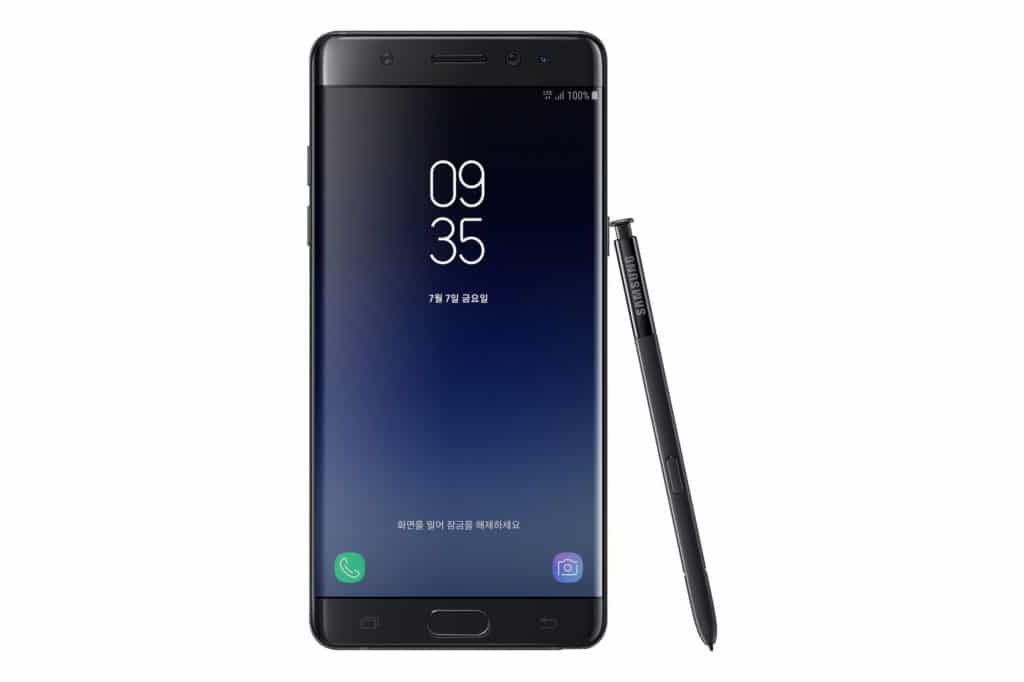
Samsung Galaxy Note 7 has faced leaks online as the launch date of the device comes closer and closer. With a week left before launch, the iris scanner feature of the device has had the veil of mystery surrounding it lifted. This gives greater clarity to the implementation and the functionality of the latest innovation from Samsung.
Beginning with a very short video clip from China showing the way the iris scanner works, various leaks are disclosing more and more information as the South Korean company prepares for the launch of the Galaxy Note 7 a week from today.
https://www.youtube.com/watch?v=AiNBpupkM2Y
The 5-second video clip doesn’t show more than the device unlocking via a scan of the users eyes. More details on how the scanner works have appeared through screenshots that highlight the dangers of the scanner and the warnings associated with it.
The scanner works by mapping the Iris of the users eye, in a similar manner to how a fingerprint scanner maps out the ridges in a fingerprint. Given that the iris is unique for all individuals, it has the same level of security as a finger print scanner, with the added bonus of it being almost impossible to duplicate. The device then stores this mapped image and each time you unlock the device, this image forms the template to which your eyes are matched to.
The screenshot of the Setup for the iris scanner goes to show that the feature does not work well with spectacles, but can be operated from a comfortable distance of 20-25 cm away from the face. The lack of support for spectacles is understandable as the reflection from the lenses might either obscure the scanner or make it difficult to get a clear reading. Though it is a disappointment for many users who have to wear spectacles, there is hope that over the years, as the feature becomes more commonplace, it would be able to negate this setback.
Apart from spectacled users, the iris scanner can fail to work properly under a long laundry list of conditions. Right from puffy eyes, to a shaky device to even cosmetic surgeries such as Lasik or Lasek can all lead to the scanner not registering the iris properly. This sadly translates to the scanner being a gimmick of a feature as it still does not have the ability to tackle many real-world situations.
However, all hope should not be lost, just like the initial Fingerprint Scanners on phones and laptops were a little more than a gimmick, likewise, technology will over come the limitations faced by the iris scanner and have a better design in a few short years.
For now, the mystery surrounding the Iris feature is solved, as the leaks clearly give us an insight on how it would work.
[Via Android Authority]
















